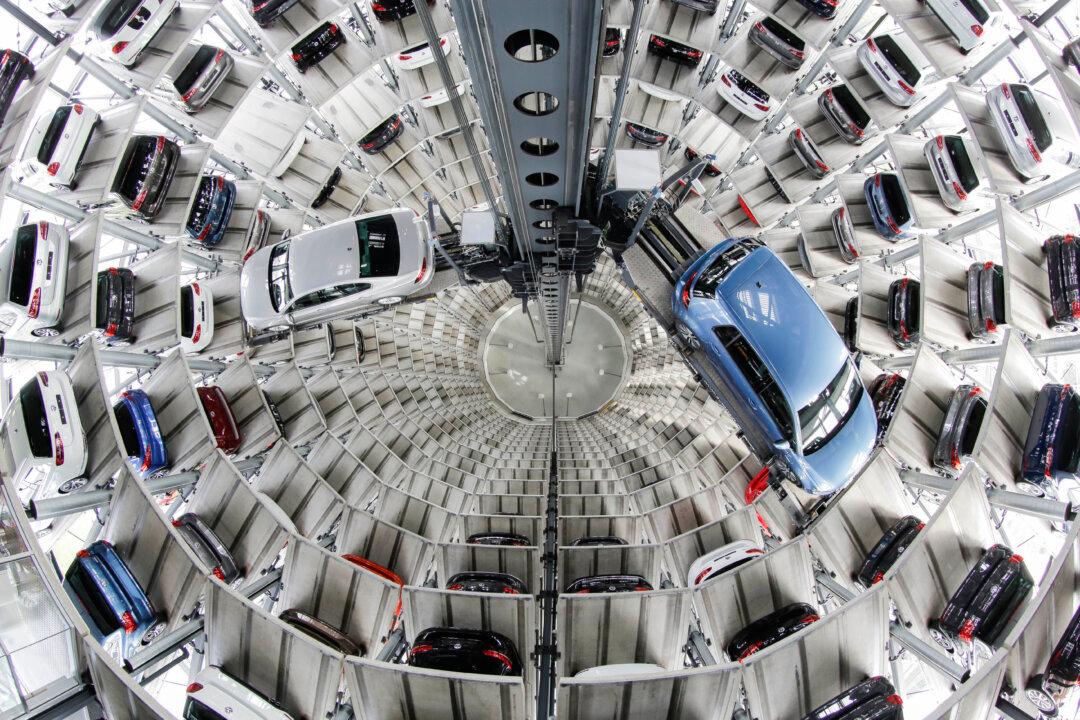The event that triggered the Volkswagen emissions scandal—which saw the group admitting that it had allowed “cheat” devices to be used in U.S. emissions tests—was just the start of the downfall of one of the world’s largest car manufacturers.
In 2010, I published a book, “The Automotive Industry in an Era of Eco-Austerity,” in which I discussed the hypothetical possibility of a “crisis spiral.” The VW Group, in the worst case scenario, faces this spiral of decline in which revelations and attempts by management to resolve the situation combine in a toxic cocktail of falling sales, disintegrating consumer confidence, stressed suppliers, overstretched management, spooked investors, and nervous franchise dealers.
Initially, analysts assumed that the scandal had cost VW $2 billion, but the ripples have continued, pushing this price far beyond expectations.
In the final three months of 2015, VW reported a loss of 127 million euros ($146 million), yet the full impact of the crisis was much stronger. While Volkswagen Group’s operating profit was on a level with 2014—at 12.8 billion euros ($14.73 billion)—the diesel scandal led to a total net loss of 1.6 billion euros for 2015—the worst since the company was founded 78 years ago.
This figure includes provisions for pending technical modifications to the affected diesel engines and repurchases, which total 7.8 billion euros ($9 billion). Another 7 billion euros ($8.06 billion) has also been set aside as a provision for probable legal risks worldwide.
How the Crisis Played Out
When news of the emissions scandal first broke in September 2015, initial reactions from the VW Group and its PR team were sporadic. VW owners were left uncertain as to whether they were specifically affected, what technical remedies might be available, what effect those remedies might have on the performance of their vehicles, or the impact on residual values, or indeed whether any form of financial compensation might be forthcoming.
Less than a month later, governments around the world had taken strong action to compel recalls and instigate fines. Despite attempts to issue a fix, in the United States some proposed solutions from VW Group were still deemed “incomplete, substantially deficient, and falls far short of meeting the legal requirement” and resoundingly rejected.
